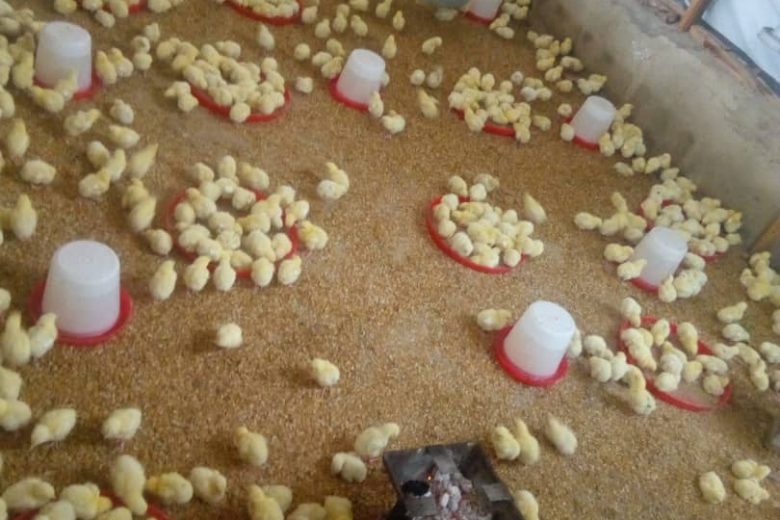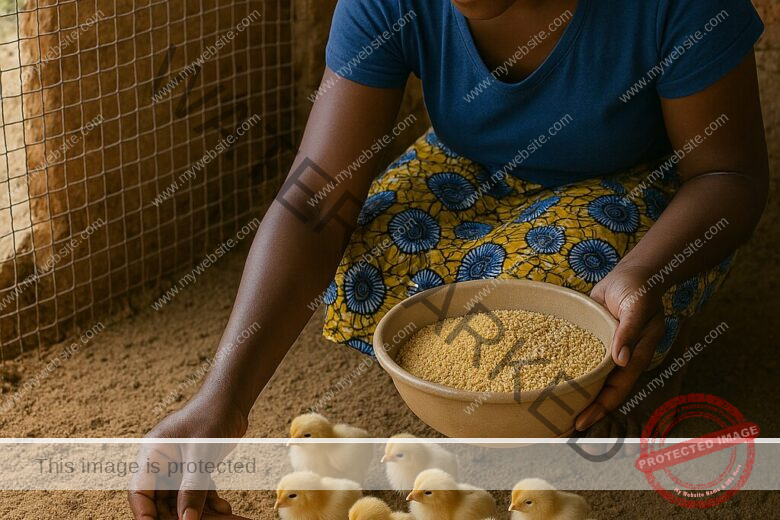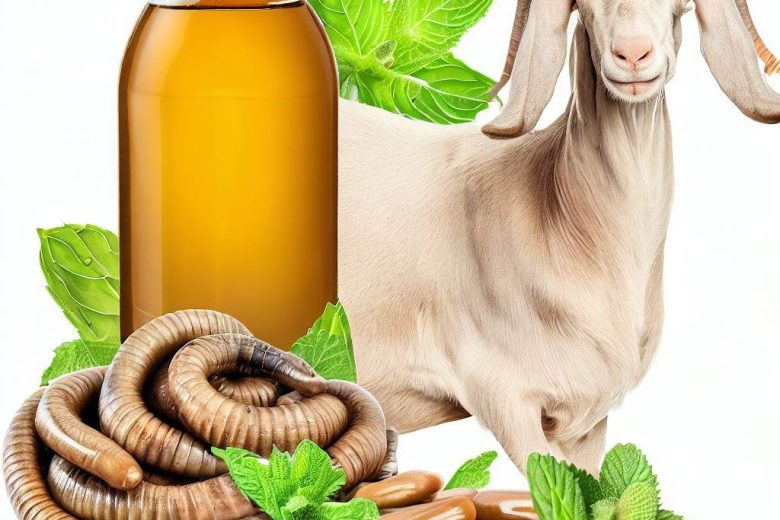South Africa is a nation that has to keep developing in terms of agricultural practices among the nation of Africa owing to the high demands for its agricultural products.
To start a profitable poultry farming business in South Africa what you need to start poultry in SA is a knowledge base of poultry, a good farm location, capital for funding running expenditures, and availability of manual labor among others.
So, we will be taking you on the nitty-gritty of how you can start poultry farming in South Africa.
How To Start A Profitable Poultry Farm Business In South Africa
To start your journey towards a profitable poultry farm, it is essential to understand the industry’s landscape in South Africa. The poultry farming industry in the country is thriving, with a high demand for poultry products such as eggs and meat.
Read Also: How to Formulate Poultry Feed in South Africa
South Africa has a large and growing population, and as more people embrace a protein-rich diet, the demand for poultry products continues to rise. You may need to read about how to start layers poultry farm or broiler poultry farm or egg hatchery plant.
Market Analysis: Identifying Profitable Opportunities
Before diving into the poultry farming business, conducting a thorough market analysis is crucial. This analysis will help you identify profitable opportunities and determine the right niche for your farm.
Consider factors such as demand, competition, pricing, and consumer preferences. By understanding the market dynamics, you can position your poultry farm for success.
Read Also: [Beginners Guide] How To Start Pig Farming In South Africa
Choosing the Right Poultry Farming System
There are different poultry farming systems to choose from, and selecting the right one for your farm is essential. The two most common systems are free-range and intensive farming. Free-range farming allows chickens to roam freely, providing them with outdoor access and a more natural environment.
On the other hand, intensive farming involves keeping chickens indoors in controlled environments. Consider factors such as space availability, budget, and market demand when deciding on the farming system.
Read Also: 10 Profitable Animal Farming Business To Start In South Africa
Acquiring Land and Infrastructure
To start a poultry farm, you will need suitable land and infrastructure. Look for a location that provides easy access to markets, water sources, and transportation facilities. The land should have enough space to accommodate the required structures, including chicken houses, feed storage, and processing facilities.
Ensure that the infrastructure meets the necessary biosecurity standards and provides a comfortable and safe environment for the chickens.
Read Also: How to Formulate Pig Feed in South Africa
Procuring High-Quality Breeds and Chicks
The success of your poultry farm depends on the quality of the breeds and chicks you procure. Choose breeds that are well-suited for South African climatic conditions and have good production potential.
Consider factors such as disease resistance, growth rate, egg production, and meat quality when selecting the breeds. It is advisable to source chicks from reputable hatcheries or suppliers to ensure their health and genetic quality.
Feeding and Nutrition Management
Proper feeding and nutrition management are crucial for the health and growth of your poultry. Develop a well-balanced diet that meets the nutritional requirements of the chickens at different stages of growth.
Read Also: [Beginners Guide] How To Formulate Feed For Snail South Africa
Ensure access to clean and fresh water at all times. Regularly monitor the feed quality and adjust the diet as per the specific needs of the birds. Consult with poultry nutrition experts or veterinarians for guidance on formulating an optimal feed plan.
Disease Prevention and Biosecurity Measures
Maintaining biosecurity measures is essential to prevent the outbreak and spread of diseases in your poultry farm. Implement strict biosecurity protocols, such as controlling visitors, monitoring flock health, and practicing proper waste management.
Regularly vaccinate the birds against common diseases and conduct routine health checks to identify and address any potential health issues early on. By prioritizing disease prevention, you can protect the well-being of your flock and maximize profitability.
Read Also: [Beginners Guide] How to Start Cricket Farming in South Africa
Marketing and Sales Strategies
Having a solid marketing and sales strategy is vital for the success of your poultry farm. Identify your target market and develop effective marketing channels to reach potential customers. Leverage both online and offline platforms to promote your poultry products.
Consider establishing partnerships with local restaurants, supermarkets, and wholesalers to expand your market reach. Building a strong brand reputation based on quality and reliability will help you establish a loyal customer base.
Financial Management and Record Keeping
Proper financial management and record keeping are essential aspects of running a profitable poultry farm. Maintain detailed records of expenses, income, and production data to track the performance of your farm.
Read Also: How to Start Bee Farming in South Africa [Practical Guide]
Use accounting software or spreadsheets to organize and analyze financial information. Regularly review your financial statements and make necessary adjustments to optimize profitability. Consider consulting with an accountant or financial advisor to ensure sound financial management practices.
What are the essential requirements for starting a poultry farm?
The essential requirements for starting a poultry farm include suitable land, infrastructure, high-quality breeds or chicks, feed, water sources, and biosecurity measures.
How can I ensure the health of my poultry flock?
To ensure the health of your poultry flock, implement strict biosecurity measures, provide a balanced diet, vaccinate against common diseases, and conduct regular health checks.
How can I market my poultry products effectively?
You can market your poultry products effectively by identifying your target market, utilizing online and offline marketing channels, and building a strong brand reputation based on quality and reliability.
What are the common challenges faced in poultry farming?
Common challenges in poultry farming include disease outbreaks, market fluctuations, feed costs, and regulatory compliance. Proper planning and management can help overcome these challenges.
How long does it take to start generating profits in poultry farming?
The time to start generating profits in poultry farming can vary depending on factors such as scale, market conditions, and management practices. With proper planning and execution, profitability can be achieved within a year or two.
Conclusion
Starting a profitable poultry farm in South Africa requires careful planning, diligent execution, and continuous learning. By following the steps outlined in this beginner’s guide, you can establish a successful poultry farm that meets the growing demand for poultry products in the country.
Remember to prioritize the health and well-being of your flock, maintain good biosecurity practices, and stay updated with industry trends. With passion, dedication, and a strong business mindset, you can turn your poultry farming venture into a profitable and fulfilling enterprise.
How much does it cost to start a poultry farm in South Africa?
To start a poultry farm in South Africa, will cost you roughly 15,000 rands for small-scale poultry and above 40,000 rands for large-scale poultry.
Is poultry farming profitable in South Africa?
Yes, poultry farming is one of the most profitable and lucrative farming in South Africa.
How much does it cost to raise 100 chickens in South Africa?
To raise 100 chickens, you will spend roughly 4,000 rands.
Is selling eggs profitable in South Africa?
Yes, egg selling is highly profitable in South Africa.
How much does chicken feed cost in South Africa?
Per kilo of chicken feed is sold for 6 rands. So, the number of kgs you need will determine the amount you will get it.
How much is a chick in South Africa?
A chick costs around 4 rands in South Africa.
Funding For Poultry Farming In South Africa
To secure funds for your poultry farm, you can opt-in for agricultural grants and loan schemes that are made available at the agricultural department of the country or the state you are in.
Requirements For Poultry Farming
to start poultry farming, you must do the following;
Vast knowledge of poultry farming
Good capital to start your business
Good farm location to site your farm
Good source of water supply
Poultry Farming Equipment In South Africa
following are the common equipment needed for poultry farming in South Africa;
- cage
- feeding can
- water can
- broader
- lantern
- sawdust
- net
- protective kit and many more.
Richest Poultry Farmer In South Africa
The richest poultry farmer in South Africa is Mbalentle Sipengane.
Is the poultry business profitable in South Africa?
Yes, a poultry business is lucrative and profitable in South Africa. Couple egg production, feces for fish feeding, and many more.
Is there a market for poultry farming in South Africa?
Yes, selling your poultry business is not a problem as you can sell to local consumers, and you can as well supply industries that will process finished goods in larges quantities.
How much does it cost to raise 100 chickens in South Africa?
To raise 100 chickens in SA, it will cost you around R850 to R950.
How To Register A Poultry Business In South Africa
To register your poultry business in South Africa, make a visit to the official website of daff at daff.gov.za
How To Start A Small Poultry Business In South Africa?
So, to start poultry farming in South Africa, you need to choose the area of poultry you want to embark on, get farmland, construct your birdcage, and formulate a feeding policy for your birds, that is all you need to get started.
Funding For Poultry Business In South Africa
To fund your poultry business, you can get an agricultural loan from government agencies, seek a bank loan or raise friends from friends and associates.
How Much Does It Cost To Start A Poultry Business In South Africa
To start a poultry business In South Africa is estimated to cost roughly 30,000 to 50,000 rands.
Richest Poultry Farmer In South Africa
Mbalentle Sipengane is the richest poultry farmer in South Africa. He inherited the family poultry and now he has built more capacity on it to be the richest in the whole of South Africa.
Conclusion
Starting a poultry farm in South Africa is not a difficult task, we have taken into account all you need to start your own poultry farm in South Africa.
If there is other information you need to be clear about, you can drop a comment via the comment section.





One Reply to “[Beginners Guide] How To Start Profitable Poultry Farm In South Africa”
Comments are closed.